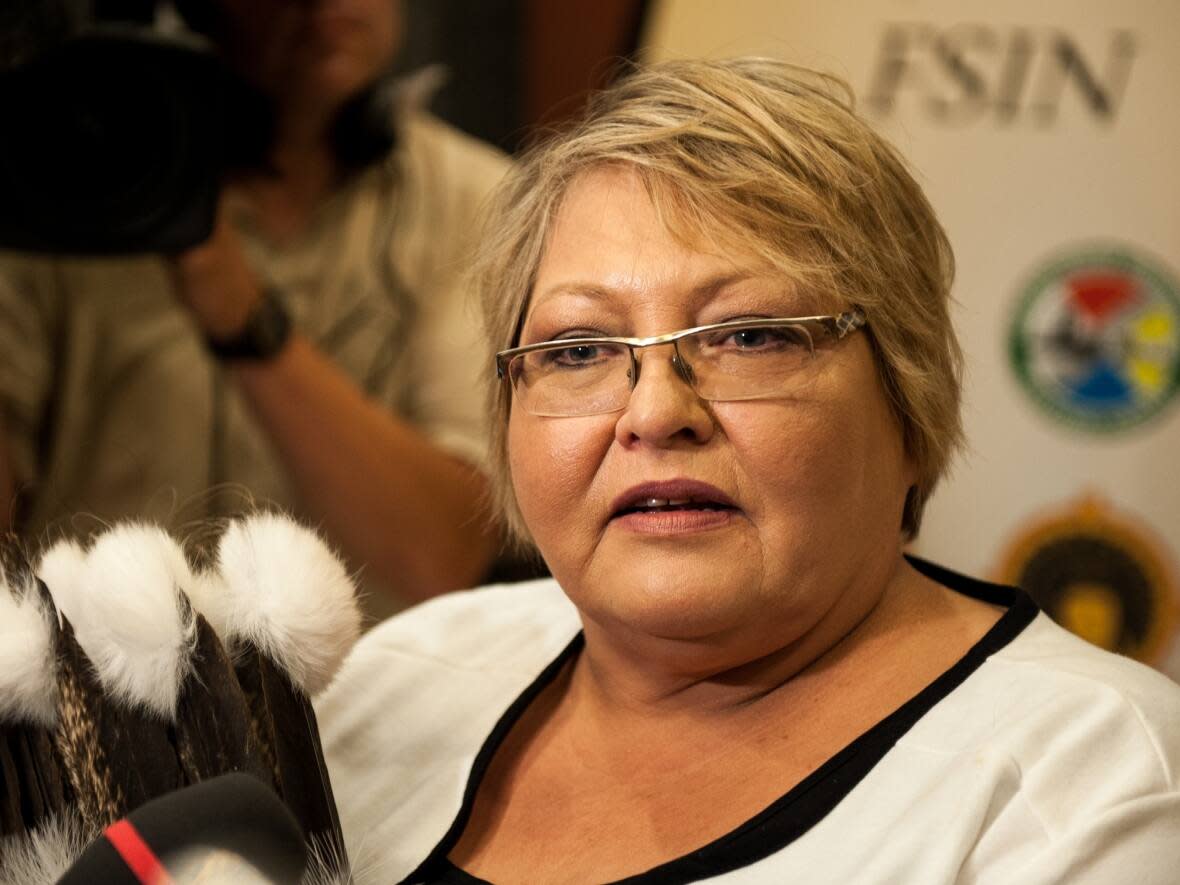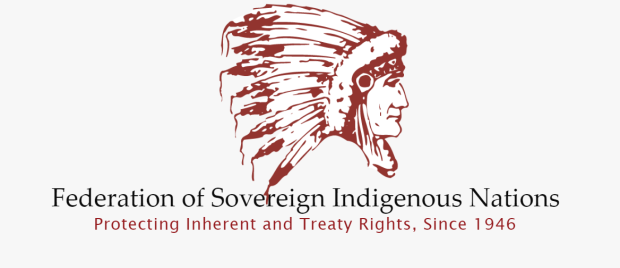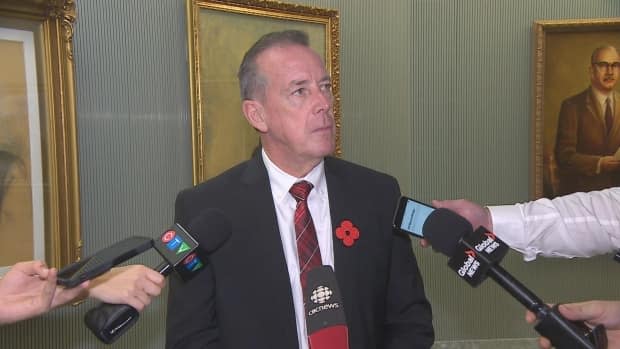FSIN says 2023-24 Sask. budget doesn't do enough for First Nations

The Federation of Sovereign Indigenous Nations (FSIN), which represents Saskatchewan's First Nations, says it is disappointed with the province's 2023-24 provincial budget.
Approximately $249.1 million is budgeted for First Nation and Métis people and organizations in the upcoming fiscal year. The province says this is the most ever in a Saskatchewan budget.
FSIN vice-chief Heather Bear says First Nations deserve more funding because Saskatchewan's economy is largely driven by natural resources taken from ancestral and treaty territory.
"It simply just isn't enough," Bear said.

Province needs to consult better: Bear
Bear said that before Saskatchewan solicits investments from across the globe, it needs to consult with First Nations to guarantee that inherent and treaty rights aren't being infringed on.
The provincial government's First Nations and Métis consultation policy framework legally requires it to consult communities in advance of decisions or actions that have the potential to infringe on inherent and treaty rights or the traditional use of land and resources.
The province budgeted $400,000 for its First Nations and Métis Consultation Participation Fund, which will "support First Nation and Métis communities to engage in consultations related to the duty to consult," the province said.
The province says it has more than 80-large scale project commitments in Saskatchewan, with an estimated total investment of $32 billion, and that Saskatchewan has 23 of the 31 critical minerals on the Canadian Minerals list. The province's growth plan goals for 2030 include increasing potash sales to $9 billion, increasing uranium sales to $2 billion, doubling the size of the forestry industry and increasing oil production to 600,000 barrels per day.
Bear said the federation wants a revenue sharing framework that ensures First Nations people get jobs and First Nations companies are considered for contracts.
"I think that it is long overdue, and First Nations need to be partners in this, and we want to wash away some of the uncertainty," Bear said. "We need to know and understand what's going on our lands, what's going on with our waters, being that many of our First Nations will always live off the land."
Significant portion of funding coming from gaming payments
The province says the $249.1 million in First Nations funding is an increase of more than 6.8 per cent from last year's budget.
"Our government is proud to provide a record-setting investment in initiatives that support economic, social and cultural initiatives that demonstrate the on-going partnership with First Nation and Métis communities," says a quote on the province's website from Don McMorris, Saskatchewan's minister responsible for First Nations, Métis and northern affairs.
Gaming payments, which come from revenue made by the Saskatchewan Indian Gaming Authority, make up $92.4 million — more than one-third — of the allocated funding.
The province says that money will support Indigenous-led social and economic intiatives.

The province's Gaming Framework Agreement states that online revenue is split 50/50 by the First Nations trust and the government, while the province receives 25 per cent of revenue from SIGA casinos.
"We are big players when it comes to contributing to this province and the budget in gaming, " Bear said. "So essentially in some areas we just think that we're just getting money back that we made."
The federation says that aside from the gaming money, the province reduced overall funding to First Nations by 8.76 per cent in the newest budget.
First nations excluded from areas of the funding
The FSIN highlighted in a news release that funding for Indigenous-owned contractors' part of the Accelerate Site Closure program — which provided flow-through funding from the federal government to help with cleaning up abandoned oil infrastructure — was not included in the upcoming budget.
The province noted that the program ends this March, but said overall funding increased year-over-year, citing $30 million for the First Nations Stewardship Fund to address inactive oil and gas sites on reserve land, and $59 million for the Indigenous Business Credit Pool to incentivize eligible Indigenous oil and gas services.
The provincial government also budgeted $297 million for municipal revenue sharing. Bear said reserves are not included in that program, leaving First Nation communities to fund infrastructure on their own.
"They should be sharing with First Nations, but every time they turn around and they say that's a federal responsibility," Bear said. "Yet they'll take our money made on the reserve."
Bear added that she'd like to see more funding to address socioeconomic issues that disproportionately affect First Nations people, such as addictions, housing challenges and incarceration rates.


